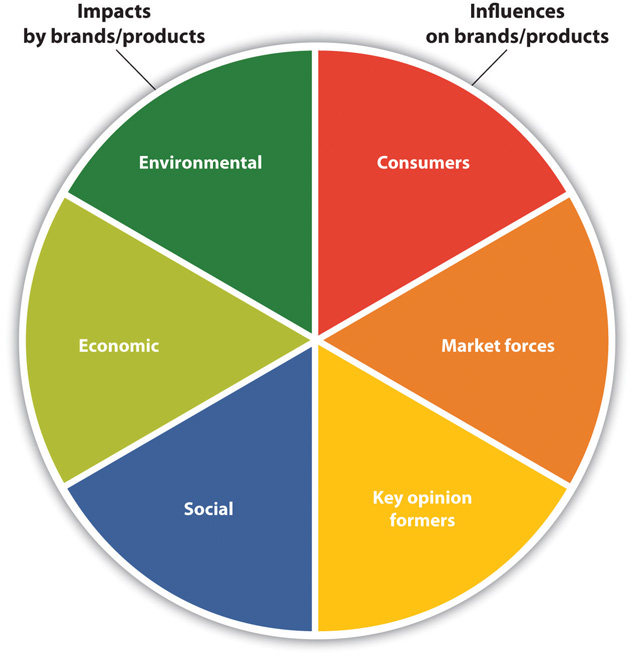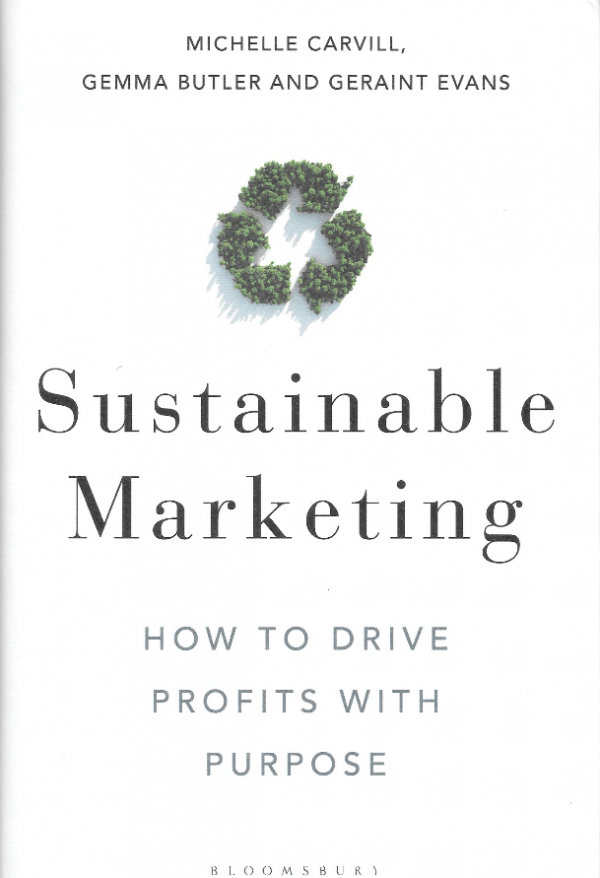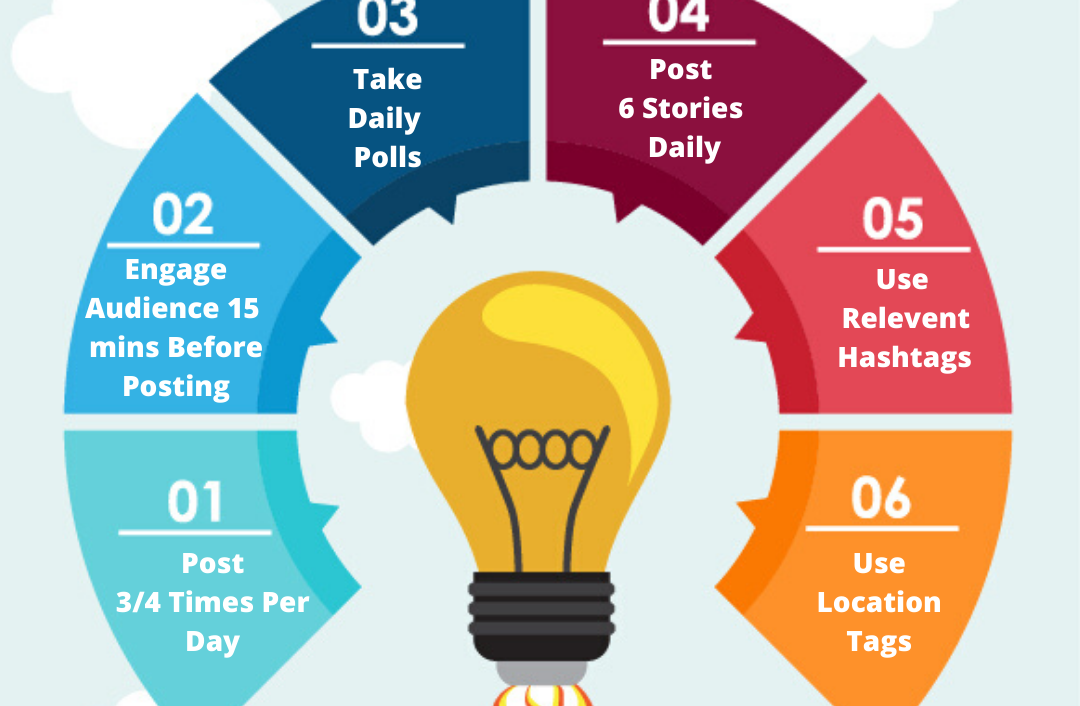Sustainable Marketing: How Brands Are Embracing Eco-friendly Practices

In today’s environmentally conscious world, consumers are increasingly seeking products and services that align with their values. This has led to a growing trend towards sustainable marketing, where brands are embracing eco-friendly practices to appeal to ethical consumers.

What is Sustainable Marketing?

Sustainable marketing is a holistic approach that considers the environmental, social, and economic impacts of a product or service throughout its entire life cycle. It involves using sustainable materials, reducing waste, minimizing energy consumption, and ensuring fair labor practices. By adopting sustainable practices, brands can not only reduce their environmental footprint but also build a positive reputation among consumers.
Benefits of Sustainable Marketing
There are numerous benefits to sustainable marketing, including:
Increased Brand Loyalty: Consumers are more likely to be loyal to brands that share their values. By demonstrating a commitment to sustainability, brands can foster a deeper connection with consumers and build long-lasting relationships.
Improved Reputation: Brands that are perceived as being sustainable enjoy a better reputation among consumers. This can lead to increased sales and a stronger market position.
Cost Savings: Sustainable practices can often lead to cost savings in the long run. For example, reducing energy consumption can lower operating costs, and using recycled materials can reduce the need for raw materials.
Government Incentives: Many governments offer financial incentives to businesses that adopt sustainable practices. These incentives can help brands offset the costs of implementing sustainable initiatives.
Challenges of Sustainable Marketing
While there are many benefits to sustainable marketing, there are also some challenges that brands may face:
Higher Costs: Sustainable practices can sometimes be more expensive than traditional methods. For example, using recycled materials may be more expensive than using virgin materials.
Lack of Consumer Awareness: Some consumers may not be aware of the importance of sustainability or may not be willing to pay a premium for sustainable products.
Greenwashing: Some brands may engage in greenwashing, which is the practice of making false or misleading claims about the environmental benefits of a product or service. This can damage consumer trust and make it difficult for genuine sustainable brands to stand out.
Conclusion
Despite the challenges, sustainable marketing is becoming increasingly important in today’s world. As consumers become more environmentally conscious, brands that adopt sustainable practices will be better positioned to succeed. By embracing eco-friendly initiatives, brands can appeal to ethical consumers, build a positive reputation, and enjoy the many benefits that sustainable marketing has to offer.







